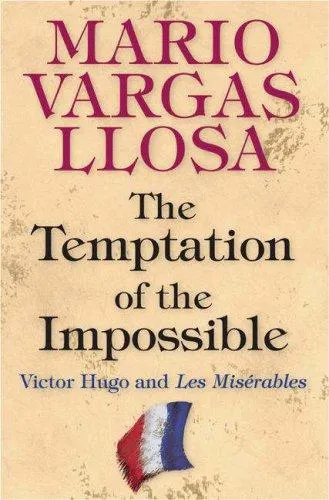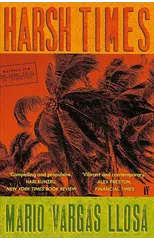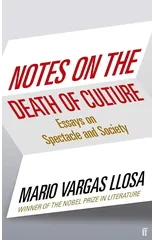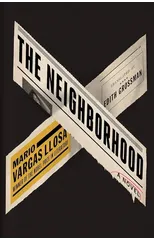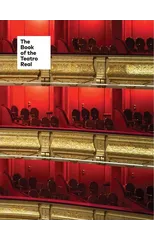The Temptation of the Impossible
Victor Hugo and Les Miserables
(Author) Mario Vargas LlosaIt was one of the most popular novels of the nineteenth century and Tolstoy called it "the greatest of all novels." Yet today Victor Hugo's Les Misérables is neglected by readers and undervalued by critics. In The Temptation of the Impossible, one of the world's great novelists, Mario Vargas Llosa, helps us to appreciate the incredible ambition, power, and beauty of Hugo's masterpiece and, in the process, presents a humane vision of fiction as an alternative reality that can help us imagine a different and better world. Hugo, Vargas Llosa says, had at least two goals in Les Misérables--to create a complete fictional world and, through it, to change the real world. Despite the impossibility of these aims, Hugo makes them infectious, sweeping up the reader with his energy and linguistic and narrative skill. Les Misérables, Vargas Llosa argues, embodies a utopian vision of literature--the idea that literature can not only give us a supreme experience of beauty, but also make us more virtuous citizens, and even grant us a glimpse of the "afterlife, the immortal soul, God." If Hugo's aspiration to transform individual and social life through literature now seems innocent, Vargas Llosa says, it is still a powerful ideal that great novels like Les Misérables can persuade us is true.
Mario Vargas Llosa
Mario Vargas Llosa is a Peruvian writer known for his novel "The Time of the Hero" which established him as a leading voice in Latin American literature. His style is characterized by intricate plots, deep character development, and a keen exploration of political and social issues. He has made significant contributions to the literary world through his powerful storytelling and insightful commentary on human nature.
